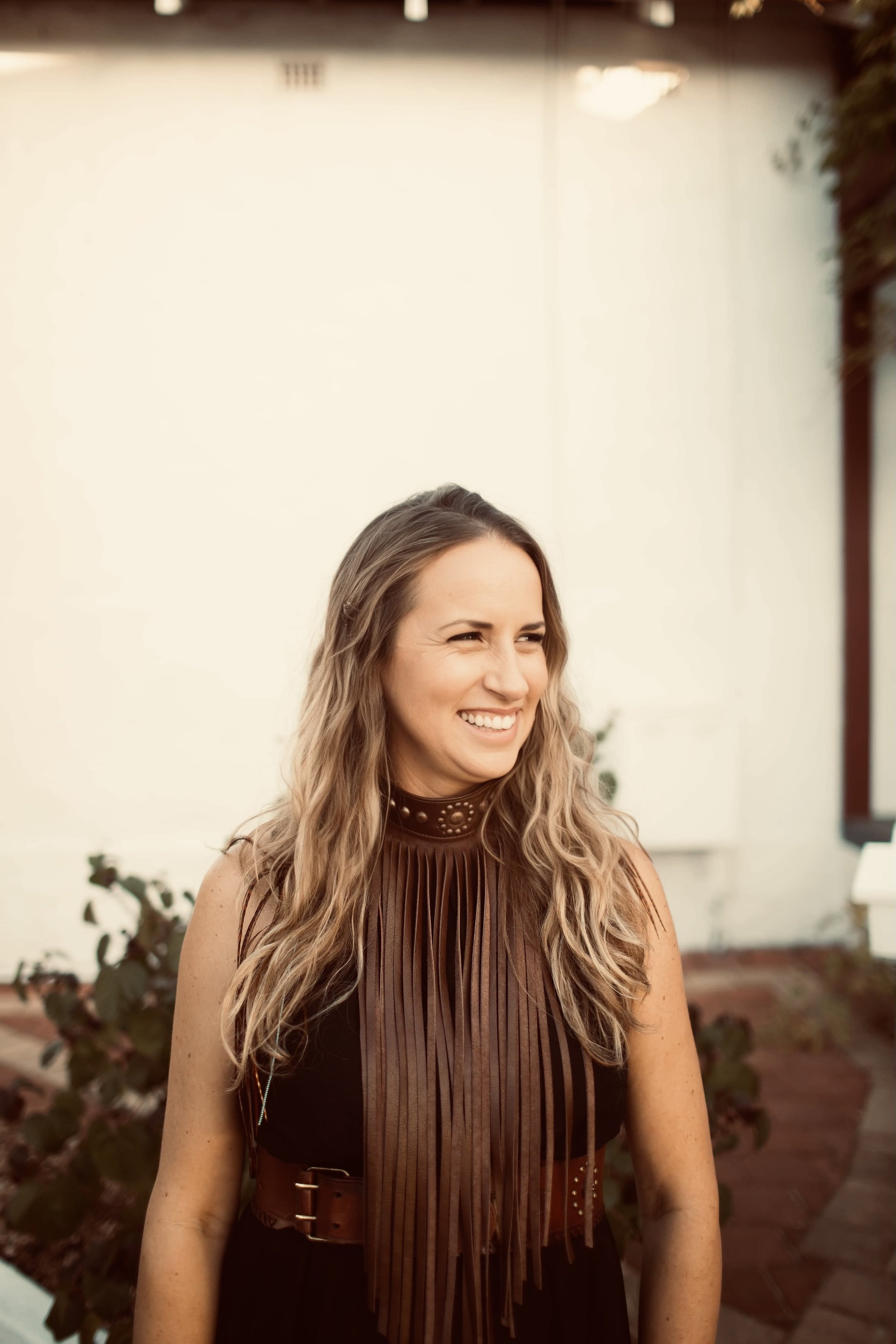
Cate Vose
Get to know Cate
Name : Cate Vose
Qualifications: BSW, Grad. Dip. Div., Cert IV TAE, AMHSW
Home Town: Perth
Current Location : Perth
Favourite Food: Mangoes
Favourite Band: U2
Favourite Movie: The Last of the Mohicans
Could you share a personal story or experience that inspired you to become a doctor?
When I was in my early 20s, living in Canada, I started working in a drop-in centre downtown with kids who had been child soldiers in the war in the former Yugoslavia. They were so traumatised, and their parents were traumatised, and the Canadian government had just flown in thousands of these refugees and then settled them in Canada but there were no services to support them integrate into the community. I was serving these families and doing the best I could, but I knew I didn't have the required skills and training to really serve them the way they deserved. I remember thinking that I wanted to go and get the right kind of degree and training to be able to learn how to get people the help they really need and overcome barriers and obstacles to accessing health care, psychological services and soul-care. I had been coasting at uni prior to that, not sure what I wanted to do. But that was a turning point where I jumped in to study addictions and then went on into Social Work.
What were some pivotal moments during your education or training that shaped your current approach to medicine?
Early on in my work, I spent quite a lot of time working with people who had been institutionalised in one form or another, in prisons, psych wards or high-security group homes. I realised how disempowering it was for these people who were already incredibly vulnerable to engage with people who were supposed to be able to help them integrate back into the community. I quickly realised that what these people needed most from me was my humanity - not my training or skills or knowledge. There are so many moments I was so privileged to connect with people who were having their lowest moment on their worst day, living their worst nightmare - and it was my soul and my humanity side by side with theirs in the trenches of their lives that made the difference. Restoring people's connection to their human worth & dignity and helping them build faith in their own resilience has become my "why", since that time.
Beyond your formal education, are there any additional learning experiences or continuing education pursuits that have influenced your medical practice?
I've been doing a lot of work around somatic integration over the last 5 years, and have learned how ancient the wisdom of the body is, and how we can tune into it and live in harmony with the body's natural cycles and rhythms. The first thing I correct now when I'm working with my clients, is their sleep cycles, their circadian rhythms and their connection to natural light. I love to nerd out to quantum physics too, and am fascinated by the way this field is now giving us scientific language to help describe phenomena that we have only ever had spiritual or mythical metaphors to describe. Soul health is critically important to mind and body health too, so integrating these three fields and studying their relationship to one another is a passion of mine.
How do you stay updated with the latest advancements in your field?
As an Accredited Mental Health Social Worker I am connected with a broad field of research through my peak body, and remain research active as part of my annual accreditation process. Reading journal articles, books and a wide range of online resources is a regular practice of mine, and I have a habit of putting myself in rooms with other skilful clinicians and learning about what they are experimenting with and studying too.
Can you discuss a particular area of interest within your specialty that you are passionate about and explain why it matters to you and your patients?
I am particularly interested in men's mental health and I am passionate about dismantling barriers that men experience in accessing high-quality psychological care, assessment and intervention. So many men who I work with are really resistant to using traditional medication to treat things like depression or anxiety, so I have been developing a non-medication-based treatment protocol to support men and have been trialling it with my clients for the last couple of years with really high success rates.
In what ways do you tailor your approach to meet the unique needs of each patient?
I never use the same approach twice, each individual gets their own tailored approach to their care plan which is calibrated to their capacities and their needs for intervention and support. My work is trauma-informed, de-colonised, neurodivergent affirming and non-violent, and as an ally to the LGBQTI+ community, I always make sure I'm clear on people's pronouns and how to support their unique expression of their identity right at the outset. I see clients who are extremely high-performing professionals looking to get unstuck from emotional and psychological blocks to deepen sexual intimacy in their committed relationships, who are ready to move relatively fast and in a goal-orientated manner, right the way through to clients who are very psychologically vulnerable and who may have been further traumatised by their previous therapists/doctors and need a very slow and careful approach. I draw from a diverse range of approaches including Jungian analysis, schema therapy, DBT, acceptance and commitment therapy and motivational interviewing, and stay focused on the client's goals and supporting them to achieve them.
Can you share an example of how you’ve gone above and beyond for a patient?
I have been privileged enough to walk through some very dark moments with incredibly courageous people, and have stayed on the phone with them while police or ambulances have been called to their homes, have helped them with hospital admissions and discharges, intervened for them with custody and family court matters and have even seen entire families for therapy together and separately. I can't share a specific example without breaking confidentiality but those are some of the regular ways I serve my clients.
Are there any achievements or projects in your career that you are particularly proud of?
I was involved in a groundbreaking project supporting Indigenous young people who had been incarcerated to complete their schooling whilst living in a community group home facility. I was on call 24/7 for this project so got to support these incredible young people after hours to heal and get into sport and achieve their goals, despite the enormous obstacles they faced by the circumstances of their lives. I remain incredibly proud of the work we did in that space and the family environment we provided for these kids, so many happy memories of cooking and eating meals together, kicking the footy and going for drives for late-night snack runs.
Can you describe how a new patient can start their journey with you? What steps should they expect?:
At the outset, we will sit down and grab a snapshot of where things are at right now for you, and we will do some planning together on what the goals are you want to achieve. This may involve doing some testing and developing a bit of an eco-map about your family, day-to-day life, existing support structures, habits and hobbies. Typically by the end of the first session, I can give a rough care plan proposal that involves your tailor-made approach, which we then tweak together as we go along and as we gain a deeper insight into what you are needing from the therapeutic container. I often end up seeing both people where the person is in a long-term relationship, and I even treat teenagers and kids in the family group as we work on shifting family dynamics so that everyone is getting what they need at home.
Are there any recent articles or blog posts you’ve written that offer insight into your medical philosophy or personal interests?
I routinely refer my clients to the work of Esther Perel, John Wineland, Clarissa Pinkola-Estes and David Deida. I also get people researching and reading about the 18 basic schemas, and use the Enneagram as a tool for personal development pretty widely.

“I remember thinking that I wanted to go and get the right kind of degree and training to be able to learn how to get people the help they really need”
- Cate Vose
Book in Cate
Seeing patients through Mode Healthcare Australia-wide, and in person in Bunbury WA.


